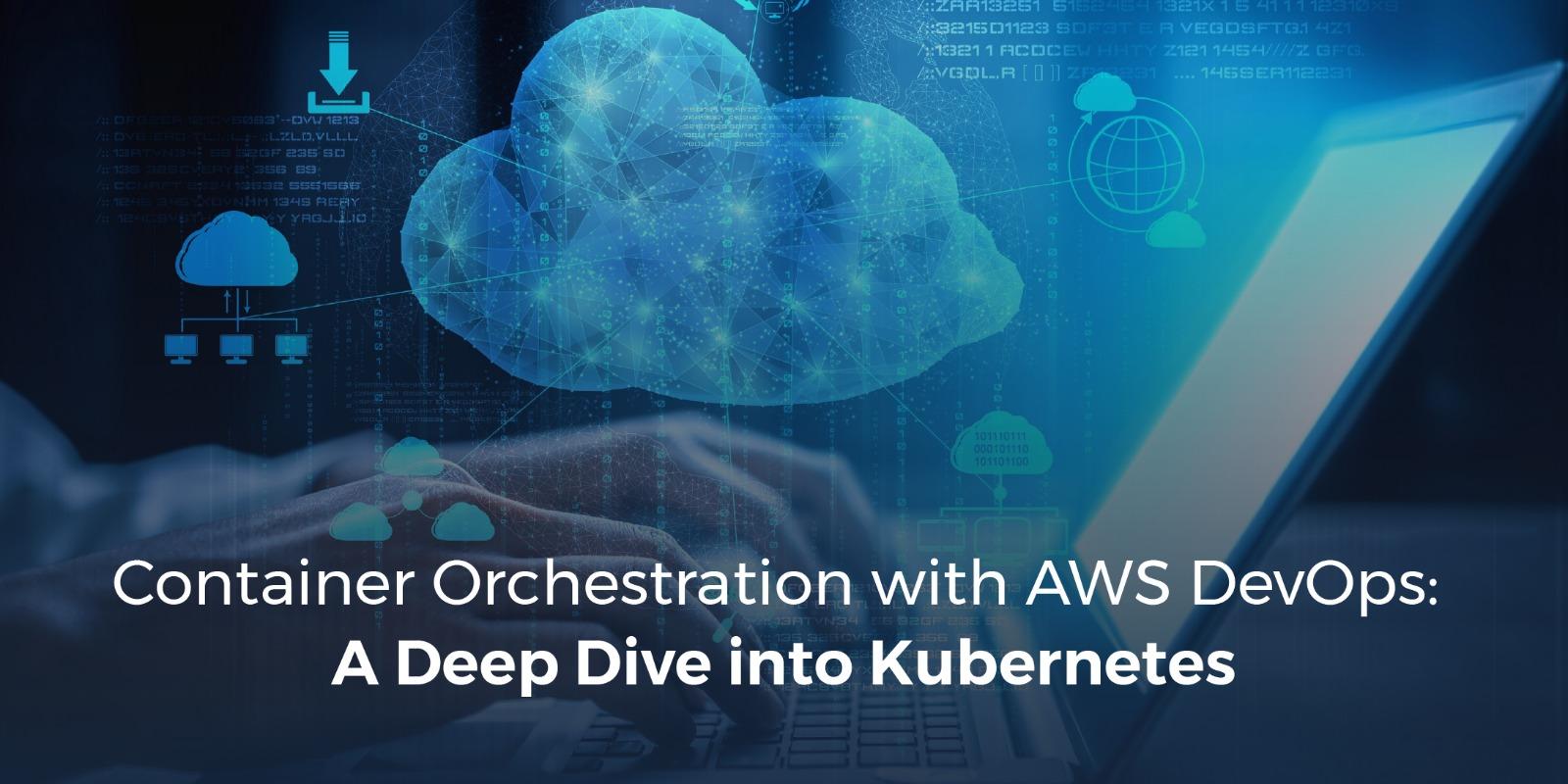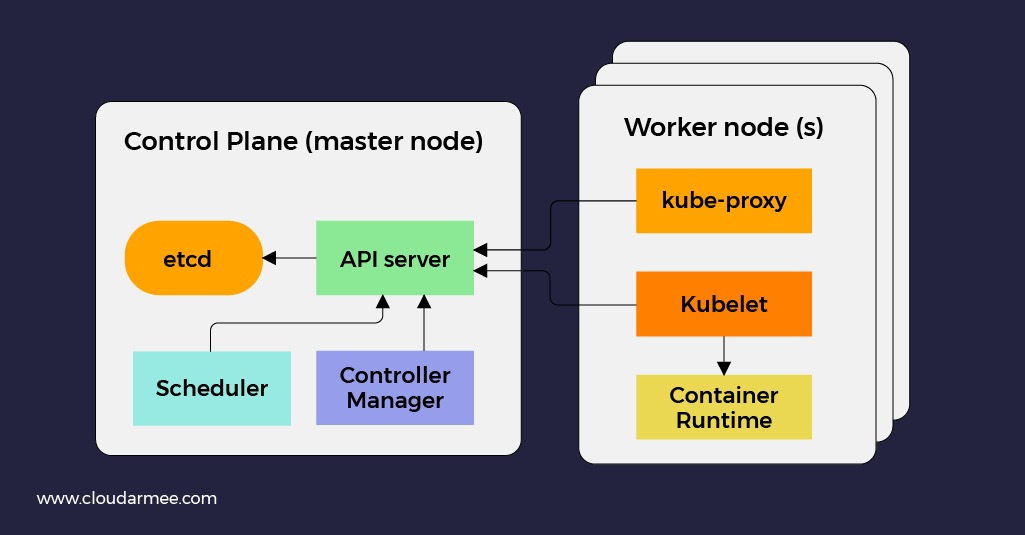
Containerization, the practice of packaging applications and their dependencies into isolated containers, has revolutionized software development. According to Statista, in 2022, 16 percent of respondents from a global survey state that containerization is already playing a strategic role for their business. It offers consistency, flexibility, and ease of deployment.
However, managing these containers at scale can quickly become a daunting task. This is where container orchestration steps in. With the ever-increasing demand for efficient, scalable, and reliable solutions, container orchestration tools like Kubernetes are taking center stage.
As applications grow in complexity, so does the number of containers that need to be managed. The need for container orchestration arises from several key factors:
The AWS DevOps ecosystem is robust and container orchestration is no exception. AWS offers two primary services for container orchestration: Amazon Elastic Container Service (ECS) and Amazon Elastic Kubernetes Service (EKS).
Amazon Elastic Container Service (ECS): ECS is a managed container service for Docker containers that allows you to easily run, stop, and manage containers on a cluster. It takes care of the underlying infrastructure, making it a great choice for those who want to focus on the application rather than managing the container orchestration platform.
Amazon Elastic Kubernetes Service (EKS): EKS is a managed Kubernetes service that simplifies the process of running, managing, and scaling containerized applications using Kubernetes. EKS allows you to harness the full power of Kubernetes, with AWS taking care of the underlying infrastructure, making it a strong choice for organizations with complex requirements.
Kubernetes, often abbreviated as K8s, has become the de facto standard for container orchestration. It offers a rich ecosystem of tools and a thriving community.

One of the key advantages of Kubernetes is its ability to maintain high availability, even in the face of hardware or software failures. It automatically replaces failed containers or nodes, ensuring that your applications remain accessible and responsive. This resilience is a game-changer for businesses seeking to deliver uninterrupted services to their customers.
Kubernetes also excels in optimizing resource allocation, which translates to cost savings in cloud environments. It can scale applications horizontally or vertically based on defined metrics, making efficient use of computing resources while avoiding over-provisioning.
With Kubernetes, you have full control over your containerized applications, from scaling and load balancing to automated rollouts and rollbacks.
Container orchestration with Kubernetes in the AWS DevOps environment offers a powerful solution for managing containerized applications at scale. As you navigate this dynamic landscape, CloudArmee, your trusted DevOps Consultant stands ready to assist you with agnostic cloud solutions that ensure smooth and efficient operations in your cloud environment. With our expertise and commitment to innovation, as a leading DevOps service provider, we can help you harness the full potential of container orchestration, empowering your applications to thrive in the modern cloud-driven world.